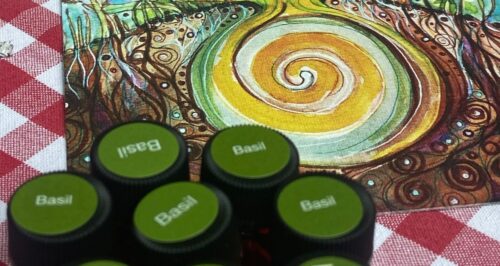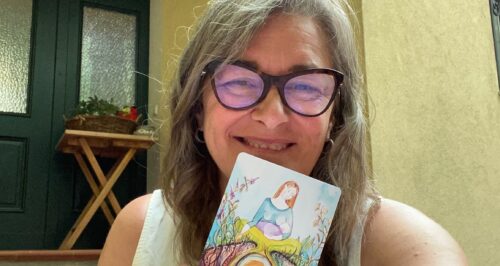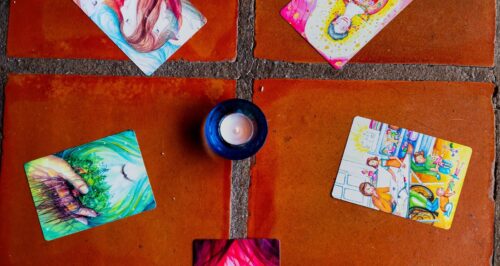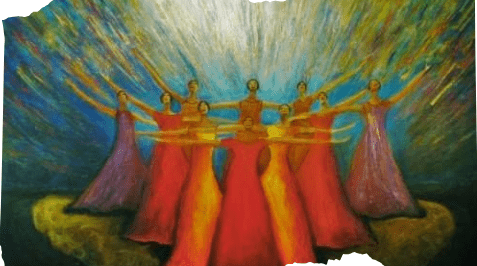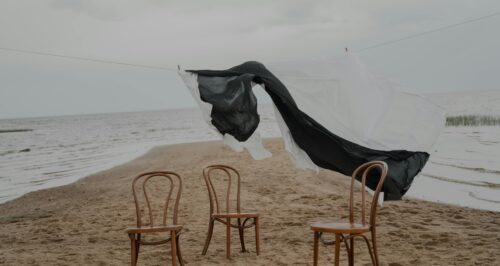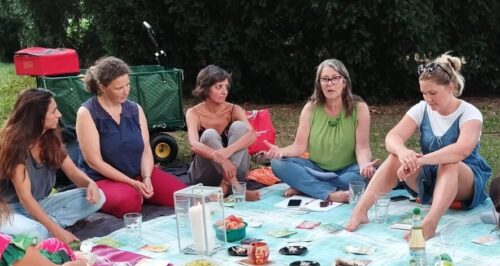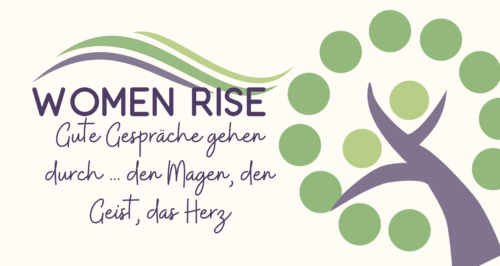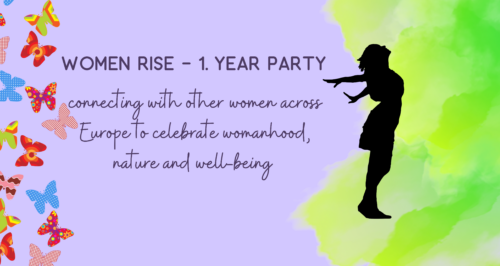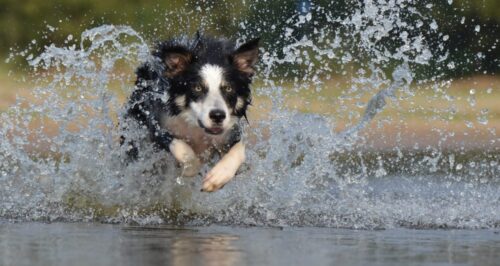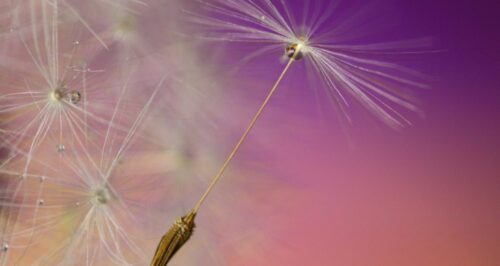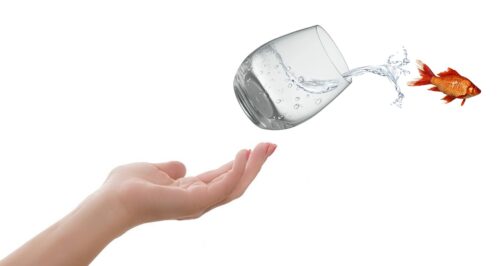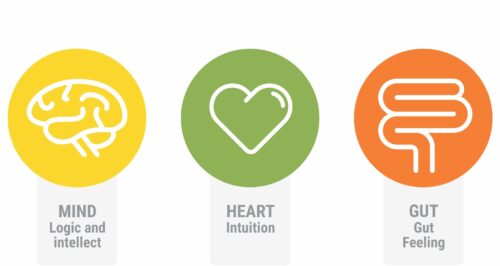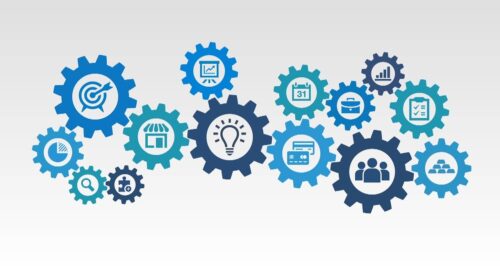Understanding Our Inner Wisdom Aligning Mind, Heart, and Gut for a Balanced Life In Women Rise, we recognize that true empowerment comes from understanding and aligning our inner wisdom. The concept of the three brains—the head (rational mind), the heart (emotional center), and the gut (instinctive knowing)—offers a powerful approach to self-awareness and decision-making. What
MoreAuthor Archives: Paola
The Power of Rituals in Women Rise Creating Meaningful Connections Through Sacred Practices In Women Rise, rituals play a fundamental role in creating a safe and transformative space. They help women reconnect with themselves, their emotions, and the collective wisdom of the group. By integrating rituals into our Women Rise Circles, we invite a sense
MoreAt Women Rise, we guide women through a structured five-step journey designed to foster self-discovery, empowerment, and community. Each session focuses on a key theme, helping participants navigate life’s transitions with confidence and support.
MoreAt Women Rise, we believe in the power of connection. Throughout history, women have gathered in circles to share stories, support one another, and build strength together. This tradition continues today, providing a transformative space for self-exploration and collective growth.
Morea 5 day intensive course with a lot practice in how to cultivate the qualities of the heart in order to support wellbeing in individuals and groups.
MoreTwice one full day for women willing to move forward in their self-leadership through authentic conversations with like-minded people, powered by pure essential oils.
MoreEncounters in an Heuriger for women willing to move forward in their self-leadership through authentic conversations with like-minded people.
MoreTwice one full day for women willing to move forward in their self-leadership through authentic conversations with like-minded people, powered by pure essential oils.
MoreOpen mind means to be receptive to new and different ideas or the opinions of others.
MoreIn leadership and especially in authentic and inclusive leadership, building relations is a very vital concept.
MoreWholeness is about incorporating all aspects of oneself (physical, mental, emotional and spiritual) to be more in balance both with ourselves, our communities and the whole world.
MoreLove, kindness and social intelligence are the building stones for having a sense of humanity.
MoreReflection is a multi-layered process of identifying, clarifying, going deeper, making meaning, connections and gaining insights.
MoreInner readiness is that human quality that enables us to act out, in the here and now, our authentic potential in harmony with ourselves and the context around us.
MoreChange starts from within and it is then expressed in our outer actions.
MoreCourage is an inner quality that is expressed in outer actions. It is about stepping out of what is not needed any longer.
MoreWe have 3 brains in three areas of our body: the encephalic brain, located in the head and responsible for analysing and interpreting received signals; the heart brain, located in the heart area and responsible for emotional insights; the enteric brain, located in the area of the stomach and responsible for action.
MoreHumans have known about essential oils since ancient times for their physical-emotional effects. Essential oils are an effective and practical help for sustaining psycho-physical wellbeing and they can be effectively integrated into daily habits.
MoreJon Kabat-Zinn, the father of modern mindfulness training, has identified 9 key attitudes of mindful living that are all interconnected whilst still maintaining their very distinctive features. Deepening these key attitudes can help us to lead better, more satisfied and more successful lives.
MoreAn illustration of how time, global and/or private interests, events and human relationships have influenced the ongoing evolution of leadership theories and leadership models.
More

